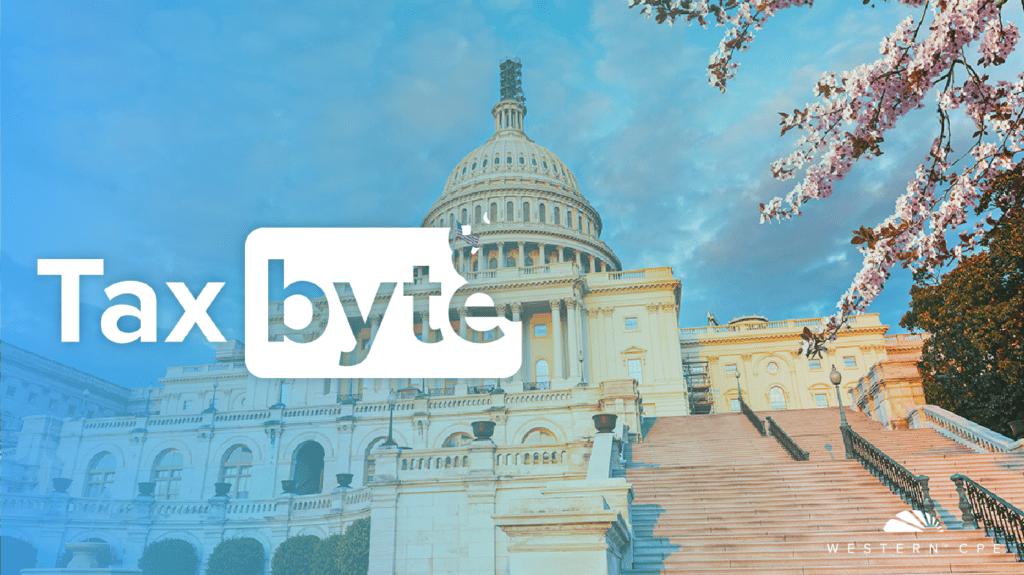

On November 15, 2024, the US District Court for the Eastern District of Texas retroactively invalidated a Final Rule from the Department of Labor (DOL) that had increased the minimum salary threshold for certain employees to be considered exempt from overtime pay under the Fair Labor Standards Act (FLSA). The rule was originally effective on July 1, 2024. An earlier ruling applied only to the State of Texas, but this decision affects all employers nationwide.
The final rule provided staged increases to the standard salary level necessary for exemption from overtime pay for executive, administrative, and professional (EAP) employees. The first increase occurred July 1, 2024, raising the minimum salary level for EAP employees from $684 per week to $844 per week. The second increase was scheduled to occur on January 1, 2025 with an additional increase to $1,128 per week. The rule also created an automatic adjustment occurring on July 1, 2027 and then every three years thereafter.
What does invalidating the rule mean?
The scheduled increases to the minimum salary level for EAP employees to remain exempt from overtime did not, and will not, occur. The minimum salary level in effect prior to July 1, 2024 ($684 per week) is once again effective. But that may not be the end of the story. The DOL may appeal the Court’s decision. If the DOL waits for a change in administration, there may not be an appeal.
What must employers do now?
As with all things business, it depends. Employers that acted by July 1, 2024 and increased salaries of EAP employees to keep them exempt from overtime, have a decision to make. Should they revert to the older (and lower) salary to keep the employees exempt? While this move is clearly within the law as it existed (and now exists again), there will likely be push-back from employees. Probably lower morale, heightened tensions between employees and management/owners, and some anxiety about an uncertain future.
Employers that have communicated anticipated changes with their employees are facing a similar dilemma. While the increases in pay may not have occurred yet, if the raises were promised to employees, it would be difficult to pull them back.
For all employers it is now a “wait-and-see” approach. If the DOL appeals and prevails, employers will need to revisit jobs that need to be changed or compensation that needs to be revised. If there is no appeal, or if an appeal fails, it may be back to business as usual.
Recent Stories
Next Up...
- |
- TaxByte
- |
- TaxByte






